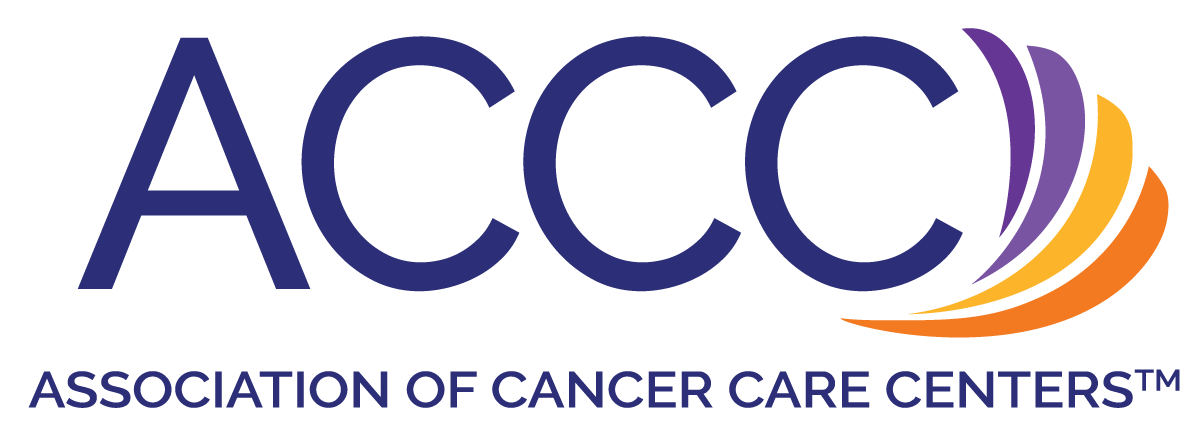
Reframing Financial Navigation During COVID-19

On July 29, the ACCC Financial Advocacy Network hosted an interactive virtual town hall. After, the speakers addressed the attendee questions they did not have time to discuss during the town hall.
On July 29, the ACCC Financial Advocacy Network hosted an interactive virtual town hall:
After the Town Hall concluded, Schneider, Kajdic, and Santiago reconvened to address the attendee questions they did not have time to discuss during the town hall.
Our team is going to start talking to patients about cost estimates and out-of-pocket responsibilities for their treatment. Do you have any suggestions about this? Should we give patients any paperwork during these conversations?
Kajdic: Oncology estimates are tough for uninsured patients. For insured patients, there are different contractual agreements, so there are lots of factors to take into account. For estimates, I recommend starting with radiation, since those CPT codes don't change much, and the cost per CPT code is going to be the same across the board. Try to use your health record and maybe pull data for specific CPT codes to determine the average cost per payer. If a patient is insured, then it will be easier, as you will be able to review patient benefits and explain what the patient’s out-of-pocket costs/deductibles are.
Schneider: I feel it is beneficial to provide the patient with something to take home and review. Patients are already overwhelmed , and trying to understand insurance in addition to what they are hearing about with their cancer is difficult. When looking at chemotherapy out-of-pocket costs, I would consider getting the price for one treatment cycle and then explain that even though the doctor has ordered X number of cycles, they should keep in mind that they will only be responsible for their out-of-pocket maximum. Also be sure to provide your business card or phone number so patients can call you if they have questions.
Santiago: We provide patients with a printout of their insurance benefits for their infusion services. That way, they have a hard copy of how their insurance covers infusion between coinsurance, copay, deductible, and out-of-pocket. We also provide any additional paperwork that might be helpful. For example, if we are meeting with a patient and see an opportunity for assistance through a foundation such as the Leukemia & Lymphoma Society, we will provide paperwork about that foundation. That will give the patient a better idea of what the foundation can assist with. If we want to encourage a patient to apply for charity care for past hospital bills, then during our meeting we will have the application ready to give to the patient. We also provide our business cards in case we can be a resource for patients in the future.
Newsletter
Stay ahead of policy, cost, and value—subscribe to AJMC for expert insights at the intersection of clinical care and health economics.








